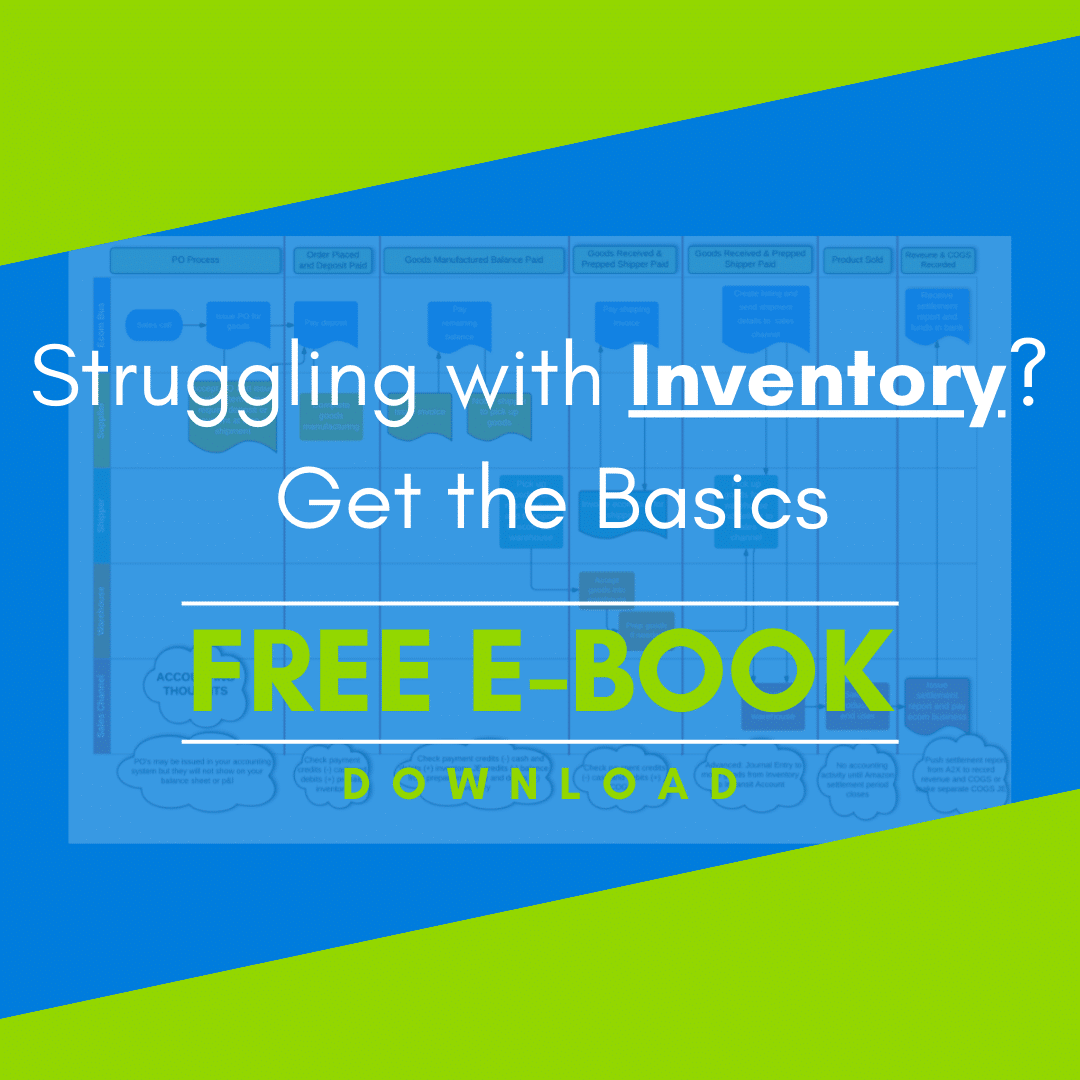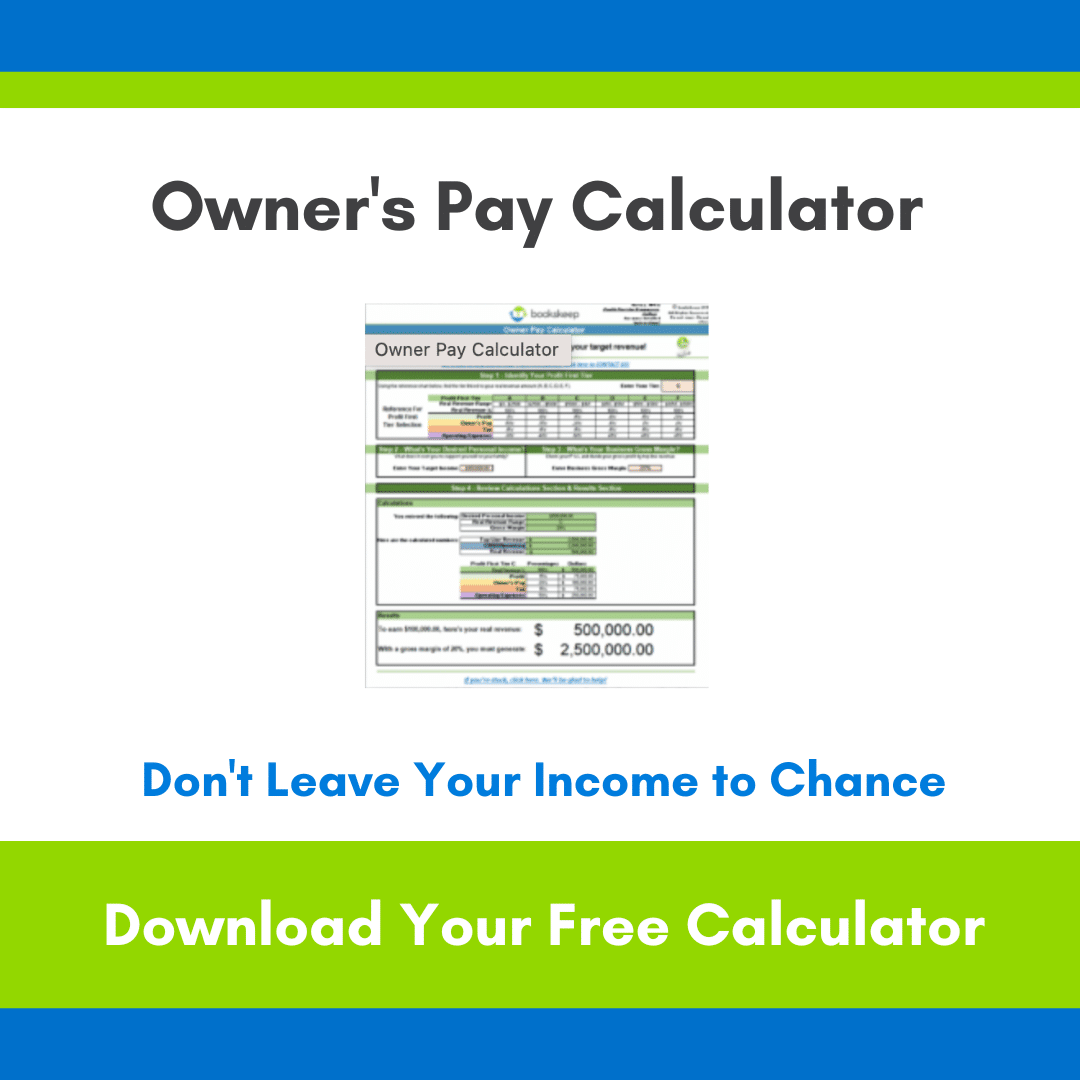
Tyler Henderson spoke with Cyndi Thomason of bookskeep.com. Cyndi’s not your typical bookkeeper or accountant or tax preparer; she’s a certified Profit First professional with a focus on helping online sellers shift the paradigm so that they can focus on making money and staying profitable rather than just keeping the books clean and up to date. Cyndi gave great advice, answered audience questions, and offered members of the Seller Labs community a free download of five core chapters of the Profit First ebook.
You can catch the full replay of the event here as well as get Cyndi’s key points and answers in the recap below.
About bookskeep
bookskeep.com is team with expertise in the specific needs of e-commerce professionals. Cyndi and her staff work with online sellers, CPAs, and tax pros to help ecommerce professionals achieve profitability—not on a spreadsheet or in an application but at the bank.
About Profit First
Profit First is a cash-flow methodology created by Mike Michalowicz. In this model, becoming profitable is a habit, not an event. Profit First takes the old conventional accounting equation of “Sales – Expenses = Profit” and turns it around to “Sales – Profit = Expenses.” Profit isn’t something one just has left over. It is the result of sales and it must exceed and precede expenses when it comes to mindset and methodology.
Cyndi’s Advice for Amazon Sellers
Like the Offspring said, “You gotta keep ‘em separated.” In terms of bookkeeping, Cyndi is a staunch advocate of keeping separate accounts for your personal and professional activities. Multiple accounts that are not co-mingled and do not bleed over are a must. That said, take the time to set up these separate accounts and even set up your business as an LLC. You can’t run a successful business if your business is not treated as a separate professional entity. Do it for accounting purposes, tax reasons, and to set yourself up so you can pay yourself when you earn. Cyndi also advises keeping inventory journals separate from financials. Why? Because if the former contains errors, the latter becomes corrupted based on those errors. Again, keep things separate and reconcile as needed but always look to your actual financials according to the bank.
Yes, you can and should pay yourself! Your business is not a non-profit and you are not working on a volunteer basis. You have to pay yourself for the work that you do. If you choose not to do so, you’re not valuing your work. If you can’t do so, your business isn’t profitable. If you can’t afford to pay yourself first, you won’t be able to pay others. All too often, online sellers and small-business owners think that they have to hire others first and pay them before they can pay themselves. This is backward.
Common Mistakes That Online Sellers Make About Money
- Mistake #1: Assuming ROI is about 60%. This is what many sellers think, assume, or feel. When they look at their bank accounts (their bank accounts, not their spreadsheets), it turns out to be a lot higher.
- Mistake #2: Underestimating product costs. Again, many sellers think, assume, or feel that they know what these costs are but they severely underestimate them by failing to fully factor in things like customs, shipping, packing, labor, time, etc. Considering that product costs come first in the selling sequence, underestimating them immediately puts a seller in a hole and trying to dig out for the rest of the sequence.
- Mistake #3: Relying on what bookkeeping software or spreadsheets say instead of what the bank shows. Do you pay bills from your spreadsheet or accounting software? Do you deposit payments there? No, there are no funds there; funds reside at the bank. Close the loop and integrate with your banking, not your accounting software or spreadsheets.
- Mistake #4: Investing early income in more inventory or software or training. Online sellers seem to follow a path of earning and spending that on more inventory or fancy software or training/education. Maybe those are the right next steps, but maybe they aren’t. Don’t just do them because that seems to be the path that others take or that seems right. Look for next steps that facilitate innovation, frugality, and efficiency.
Audience Question: What software does Cyndi recommend for bookkeeping?
QuickBooks Online or Xero. Both offer cloud-based double-entry profit-and-loss balance-sheet bookkeeping. Both handle A2X Amazon accounting integration and Cyndi’s team can work with either when they help you.
Next Steps
Visit www.SellerLabs.com/bookskeep for a free download of five core chapters of the Profit First ebook.




Leave a Comment